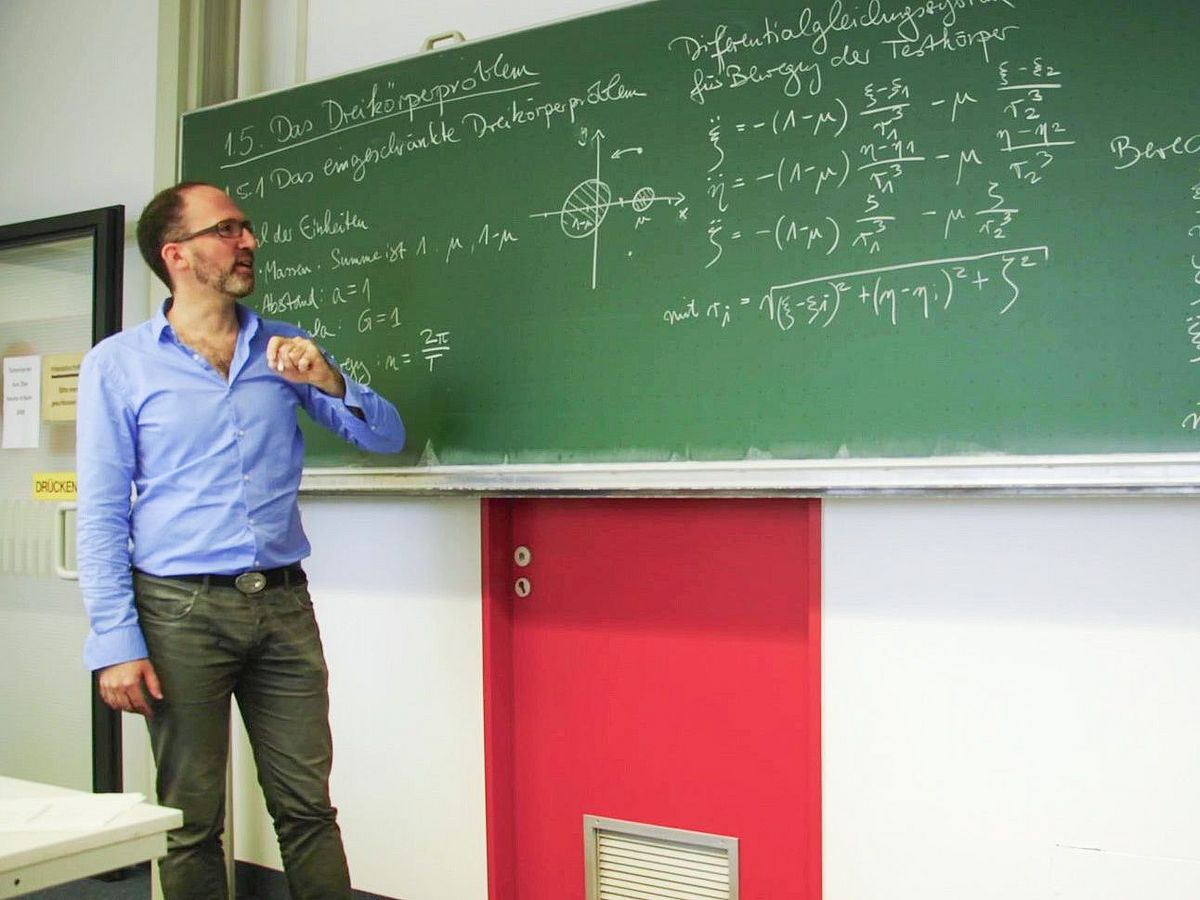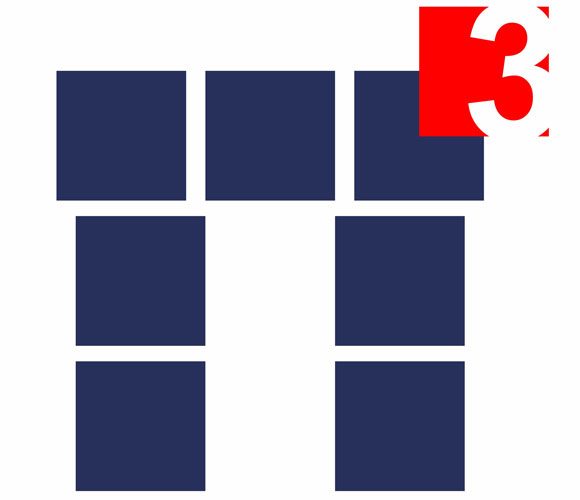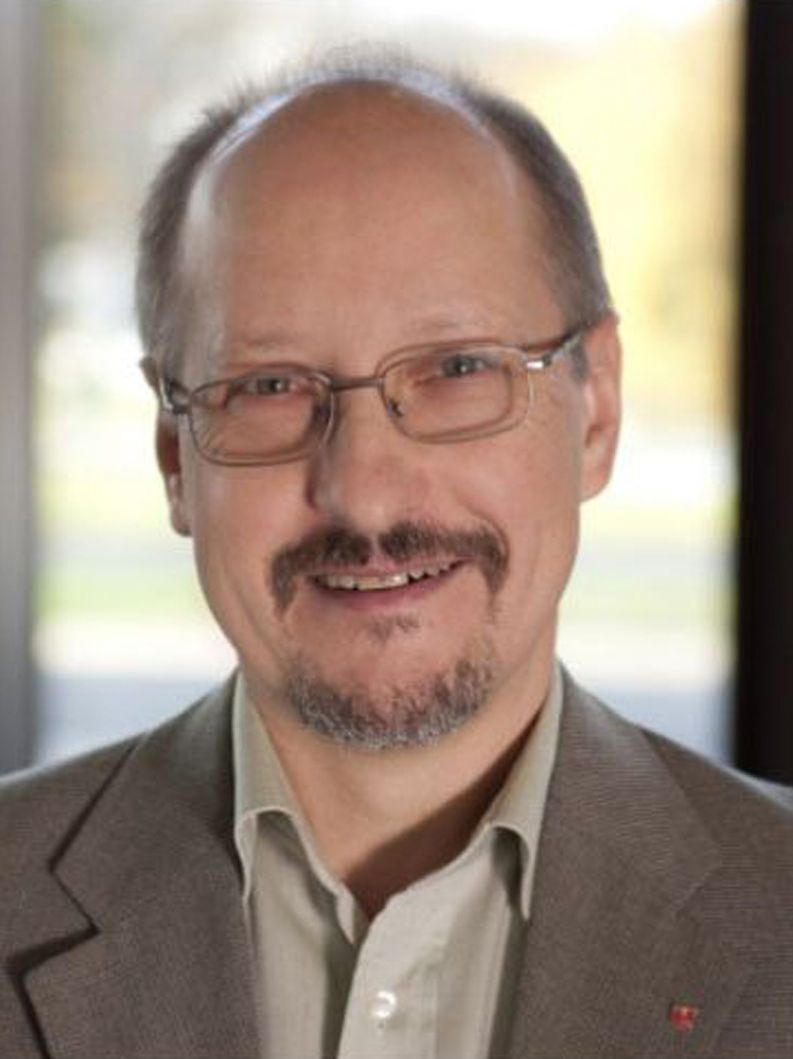Study program

© Matthias Knauer
Providing a common mathematical ground for the diverse and international group of PhD students is a challenge. To this end, a structured study program is implemented, which equips the PhD students with the necessary mathematical knowledge and sufficient insight into the application areas. Moreover, the soft skills program aims at enhancing scientific independence and the capability of working in interdisciplinary teams; special measures exist for developing leadership qualities.
The study program consists of:
- A first part of basic courses focusing on the necessary mathematical background knowledge (T1-T3) and an introduction to benchmark applications (A1-A3) during the first nine months. After the feedback from the 1st cohort of PhD students, the extent of the courses was somewhat reduced to one week for T-courses and 3 days for A-courses. For the third cohort, the compact courses might be adjusted due to the introduction of the fourth research area R4 (Statistics) and the corresponding benchmark application functional magnetic resonance imaging (fMRI).
- The biweekly RTG research seminar where PhD student present and discuss their latest work is also of great importance for our qualification strategy.
- Study groups of several PhD students working on related subjects inside one or between different research areas. Initially guided by a PostDoc or PI, a group should become rather independent and self-organized after some time.
- A subsequent second part of advanced courses for providing special mathematical components and details on benchmark applications; this is organized in small group lectures or reading courses.
Every course combines four components:
- Teaching by experts, i.e., a principal investigator, an associate researcher or a visiting researcher. Typically, the material is presented in daily morning lectures of two hours each. The lecturers will provide handouts or literature references as well as exercise problems (theoretical, programming) for the covered material.
- Self study time for the students for reviewing the mathematical content, solving exercise problems and working on basic programming tasks.
- Exercises and tutorials, supported by postdocs, for revisiting intensively the topic of the day. We plan two groups per course with a maximum of 15 students each. Exercises and tutorials will take about four hours per day. Typically, this time will be split equally for going through the exercise problems of the previous day, reviewing the new material covered in the morning lecture, and hands-on computer exercises.
- An individual assessment for each student at the end of the block course, in order to identify possible lack of knowledge. If required, the PhD supervisors of the students concerned will be informed. PhD student and primary supervisor will discuss and decide on an individual training programme.



